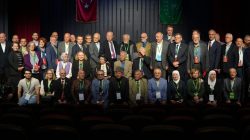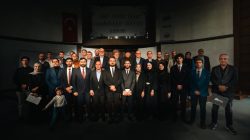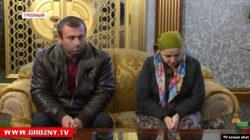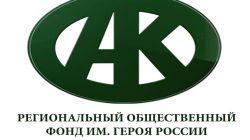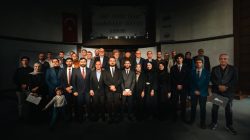
Moscow – The Duma, lower chamber of the Russian Parliament, has begun to discuss demands from Abkhazia, South Ossetia and Transnistria for their recognition.
The proposal under discussion does not, however, suggest the likelihood that the three republics will be recognized.
Instead, it covers a series of recommendations to improve relations with the ‘de facto’ republics. These recommendations include the opening of a diplomatic representative office in the three republics, the increasing of financial aid, tax exemption on money to be gained from importation to Russia, the modifying of the format of relations between Russia and the three republics.
Prior to the Duma discussions, the presidents of the three republics, namely Sergei Bagapsh of Abkhazia, Eduard Kokoiti of South Ossetia, and Igor Smirrov of Transnistria, lodged a joint application to the Russian parliament to earn recognition. The Duma discussions continue on Friday. Among the participants are Yuri Dzidtsoyti, Deputy Speaker of the Parliament of South Ossetia, Boris Chociyev, Co-Chair of the Joint Control Commission, Murat Cioyev, Foreign Minister, and Irina Gagloyeva, Chair of the State Information and Press Committee.
Meanwhile, North Caucasians held public demonstrations in different cities in support of demands by Abkhazia and South Ossetia to get recognized by Russia.
On Wednesday, the three capitals, Moscow of Russia, Vladikavkaz of North Ossetia and Tshinval of South Ossetia, hosted public demonstrations. The public demonstrations were intended to make it clear that it was time that Russia recognized the ‘de facto’ republics.
Europe was accused of treating with double standards, because although it has recognized Kosovo’s unilateral declaration of independence, it abstains from doing so for Abkhazia and South Ossetia.
The flags of Russia and Ossetia were carried in the public meeting in Tshinval. Among the participants were administrative representatives, students and even some religious authorities.
Innna Guchmazova spoke as the representative of the South Ossetian Youth Movement. She said that these public demonstrations had huge political significance: "We, the civilians as well as the young people of South Ossetia, expressed our willingness to live in a country that we set free by our blood. Anybody who has lost his/her life to set this country free has not definitely done anything empty at all. We hope that we will be recognized one day." (Agency Caucasus)
[ssba]
